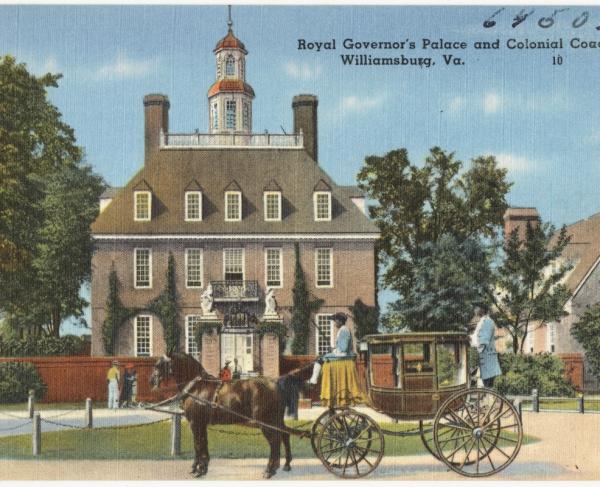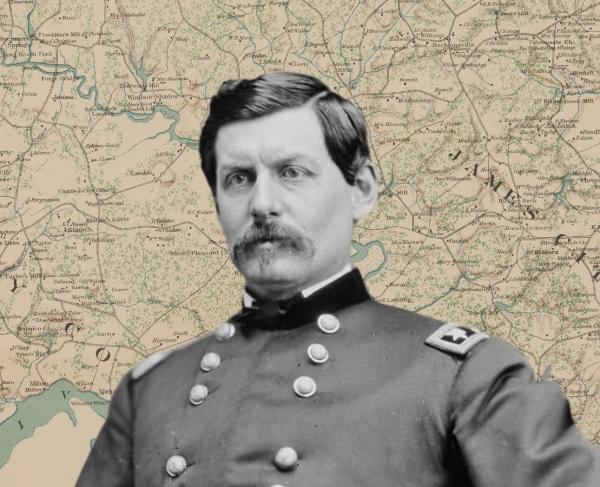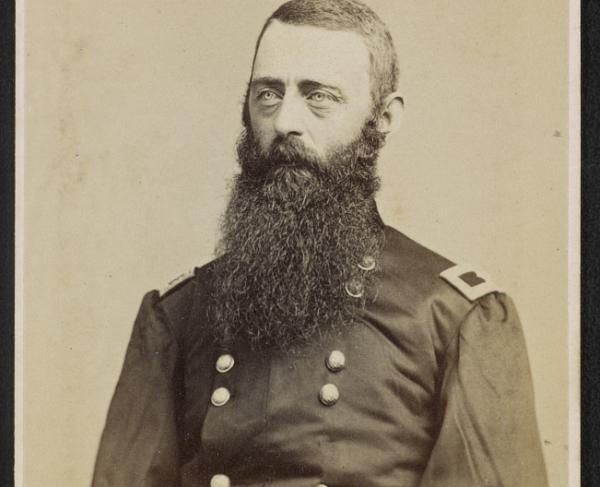John Wilson's Peninsula Diary
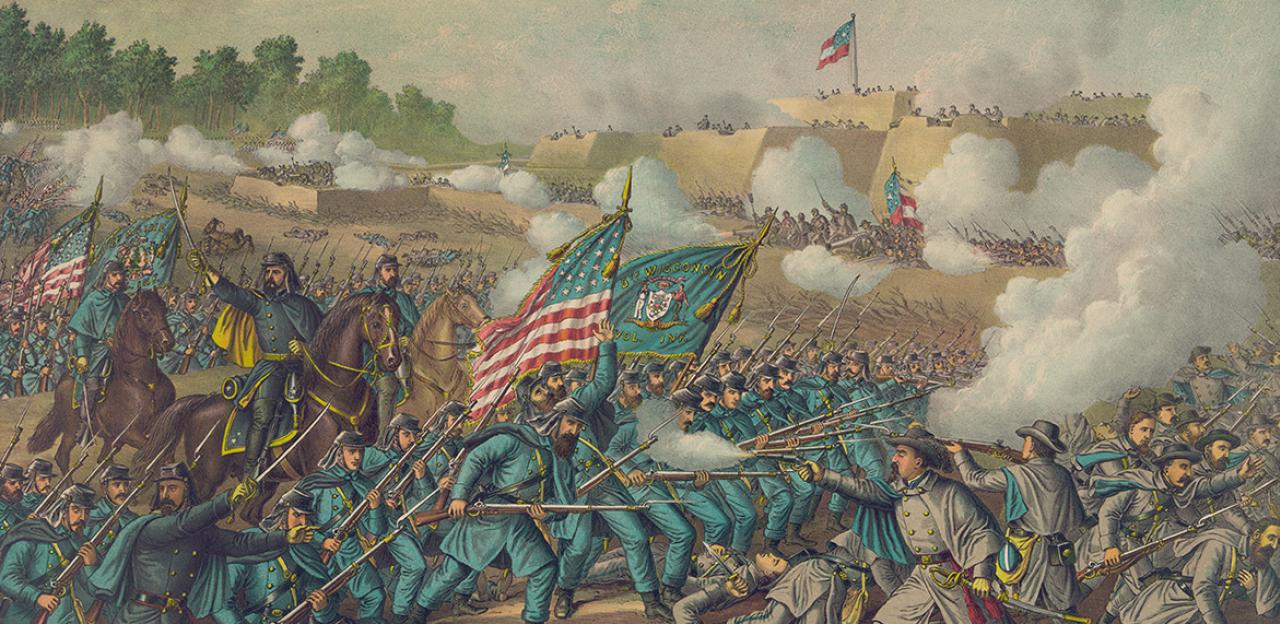
BY DR. BOB MILLER
Private John Wilson, who joined the 38th New York Volunteer Infantry in May 1861, kept a short diary describing the numerous battles in which his regiment served. This excerpt from Private Wilson's diary highlights the Union victory at Williamsburg, Virginia.
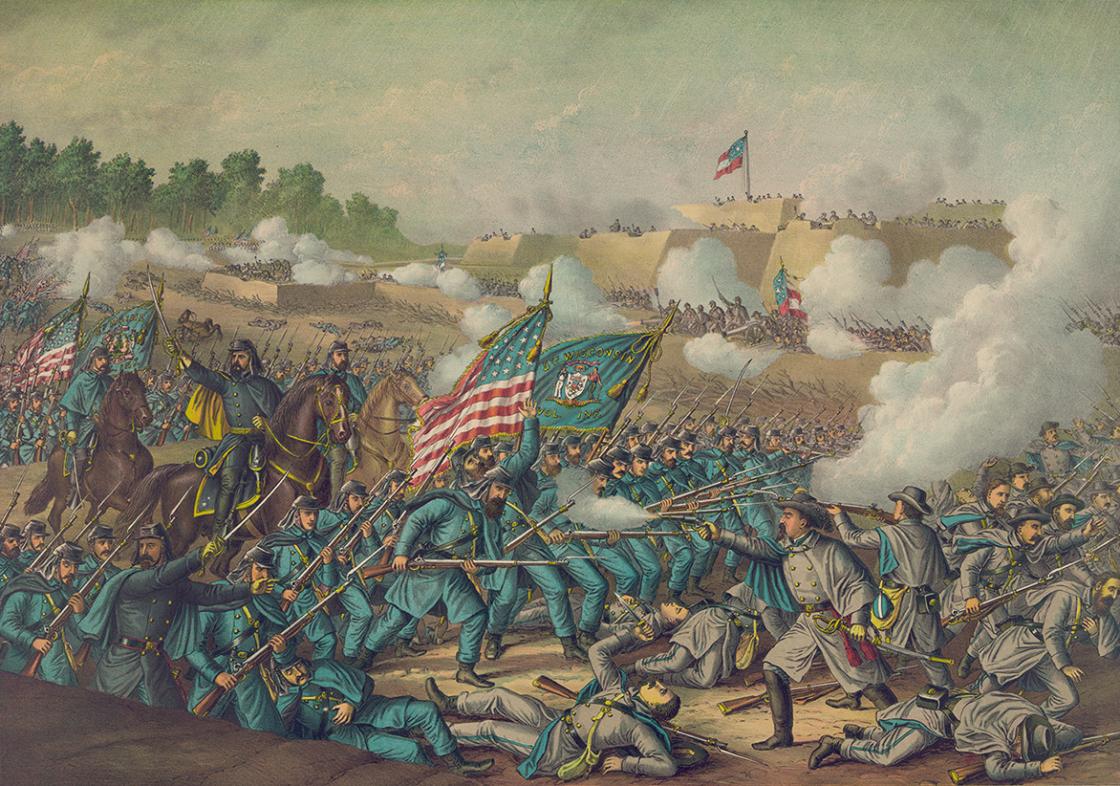
The diary of Private John Wilson recounts his experiences in the Civil War, as a volunteer recruit in the 38th New York Volunteer Infantry Regiment. Wilson was part of the first wave of New Yorkers to be mustered into service for the Union war effort. He signed up for a two year hitch on May 24, 1861 and he served until June 22, 1863. While Wilson’s regiment participated in numerous battles, the diary, in its extant form, reflects only a small portion of Wilson’s military service. It contains ninety, relatively brief entries that begin on March 17, 1862 and ends abruptly less than three months later on July 7.
Wilson was a first generation Irish American. Aside from his journey to the United States, the time he spent with the militia represented the only time he had traveled outside of his home town in Geneva, New York. His entries are generally informative and factual. He writes in an understated tone, even when describing what were undoubtedly harrowing experiences of combat. He expressed the normal complaints of enlisted men fighting in the Civil War: irregular pay, poor provisions, and the like. Since his regiment was so close to enemy lines, he mentions how they were required to “sleep on our arms,” meaning their weapons, on many nights, so they could respond to an enemy move at a moment’s notice. Without question, the most frequent topic in his diary pertained to daily weather conditions. The spring and early summer of 1862 witnessed near record rainfalls coupled with extreme temperatures and sultry humidity. The rainfall wreaked havoc on the logistics and Union troop movements in the Peninsular Campaign. One can almost hear the relief in Wilson’s voice when he pens the simple words “pleasant day.”
After the chaotic defeat at Bull Run, Lincoln placed his trust in a new commander of the Union forces, Major General George B. McClellan, who set about reorganizing and strengthening the Army of the Potomac. McClellan’s reorganization of the Army of the Potomac eventually had an impact on the 38th New York Volunteers. In March 1862 Lincoln reluctantly supported his new commander’s offensive, the Peninsula Campaign, against the Confederate capital in Richmond.
March 17, 1862
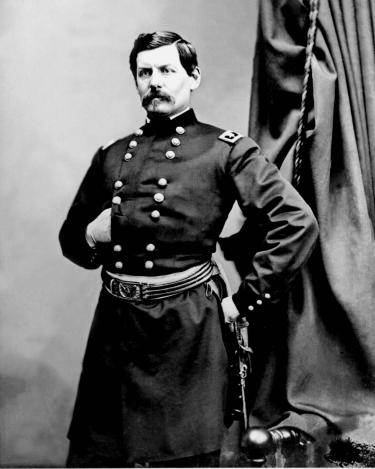
Pursunant to orders we packed up this morning and marched to Alexandria where we were reviewed by Gen McClellan and then marched on board of the steam boat J.A. Warner expecting to sail tomorrow morning destination unknown
March 18, 1862
A pleasant day started at 1 pm there is fifteen steam boats loaded with troops going down the Potomac. Had a very good view of Mount Vernon expect to pass the rebel batteries, at Ac-quina Creek tonight. Very pleasant weather Anchored at 6 pm waiting for the other steam boats to come up.
April 5, 1862
Started again this morning towards Yorktown: had a heavy shower of rain which has made the roads almost impassable. The rebels cut down the timbers along the roads. We had to stop and clear to get the baggage and artillery through. Passed through Howell’s Rim—a stranger place than Bethel and at 2 am we arrived in front of Yorktown and encamped in a large field, within range of the guns on the rebel forts 6 P.M. the rebels have been throwing shot and shell at us all the afternoon our batteries returning the compliment. The report is we lost 20 men, killed and wounded to day.
April 6, 1862 (Sun)
Wrote a letter home to day. The sun rose clear and bright, everything is very still this morning. There will be no cannonading to day unless the rebels commence it 6 P. M. there has been cannonading on both sides to day[. I have only heard of two men being killed to day. We had 4 baloon ascensions to day. From it 15 forts and a great many rifle pits were seen.
April 23, 1862
Went out on picket at 8 A.M. and were posted within 800 yards of one of the largest rebels forts that I have seen yet We can see the rebels and their buildings and on top of it their bands played Dixie for us every evening but I guess they will be alter their tune before long when we get our batteries completed
May 6, 1862
The rebels fell back from here last night. Their rear guard left at 2 A.M. and at 4 our advanced [. We] were in hot pursuit of them they are leaving artillery and wagons with all the spokes nearly cut through and the cannon spiked….the rebels left about 1000 sick and wounded in Wm.burg (Williamsburg) was all over the battle field to day and it was an awful looking sight at some places our men and the rebels laying side by side where the charged [with] bayonets and killed each other the rebels lost more men that we did. Pleasant day we are encamped within a mile of the city of Wm.burg It is not a very large place. The houses are all old fashioned built mostly of bricks the William and Mary College is the best looking building in the city the women are all secesh to the backbone
Related Battles
2,283
1,560
